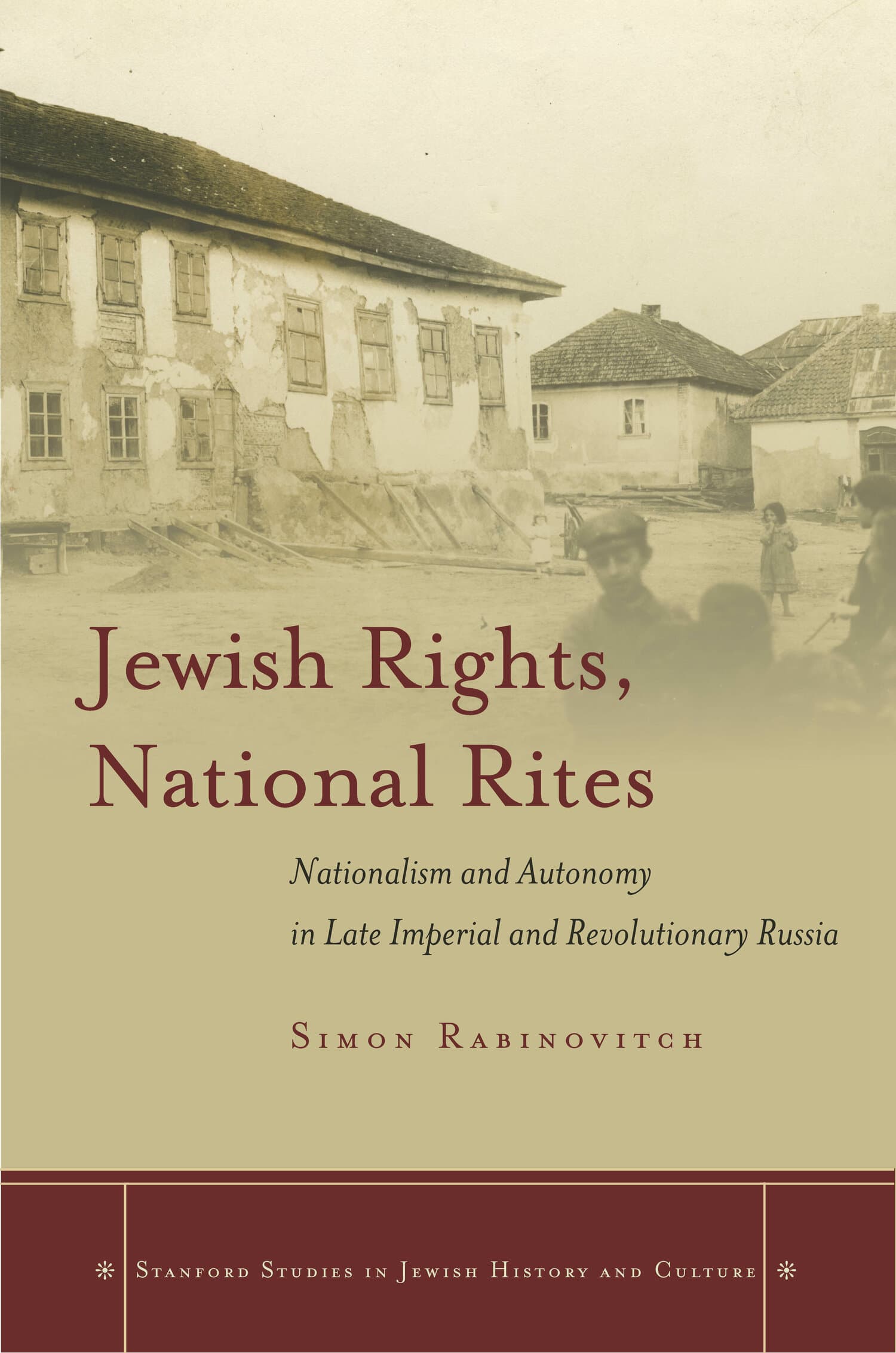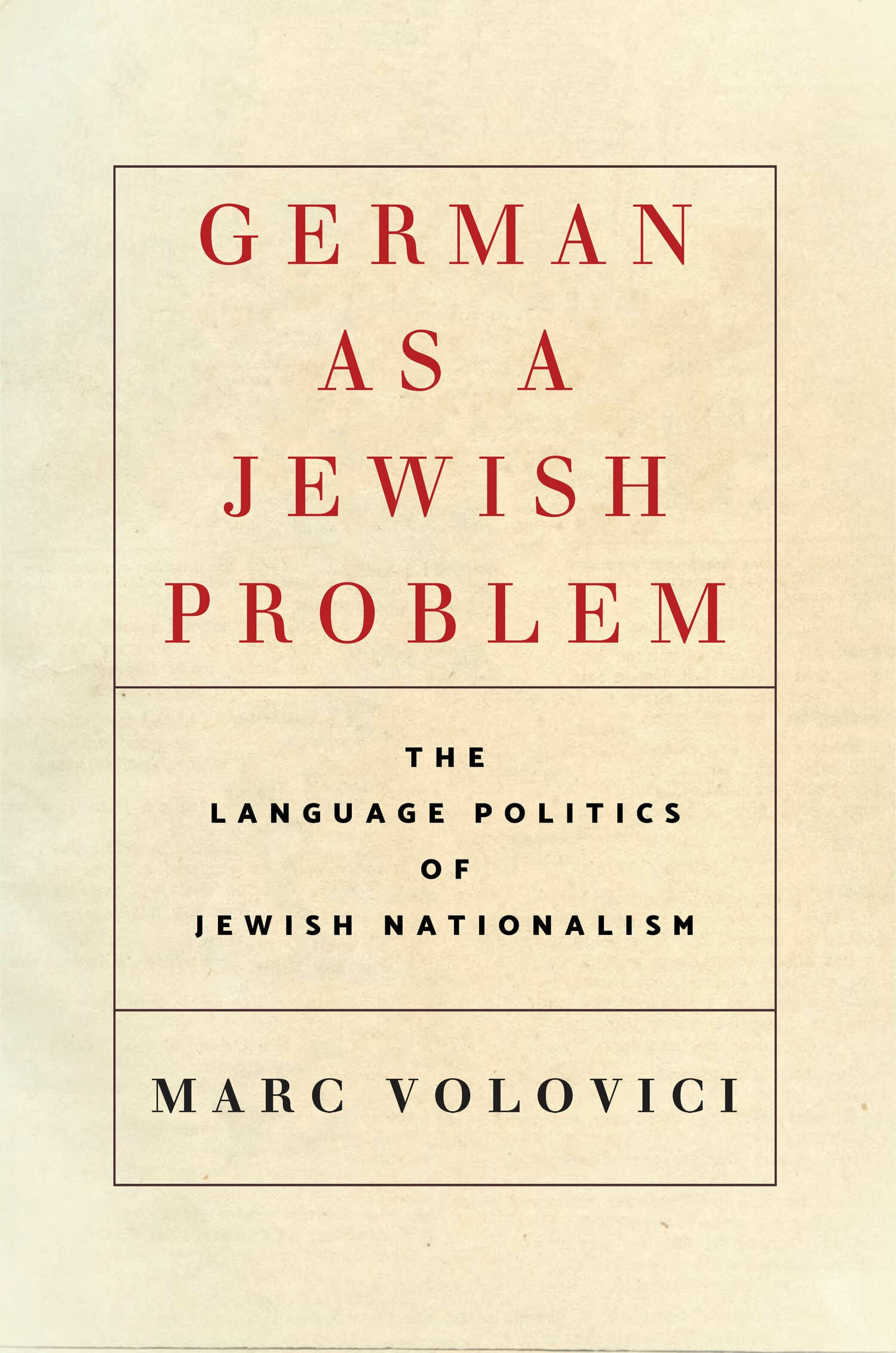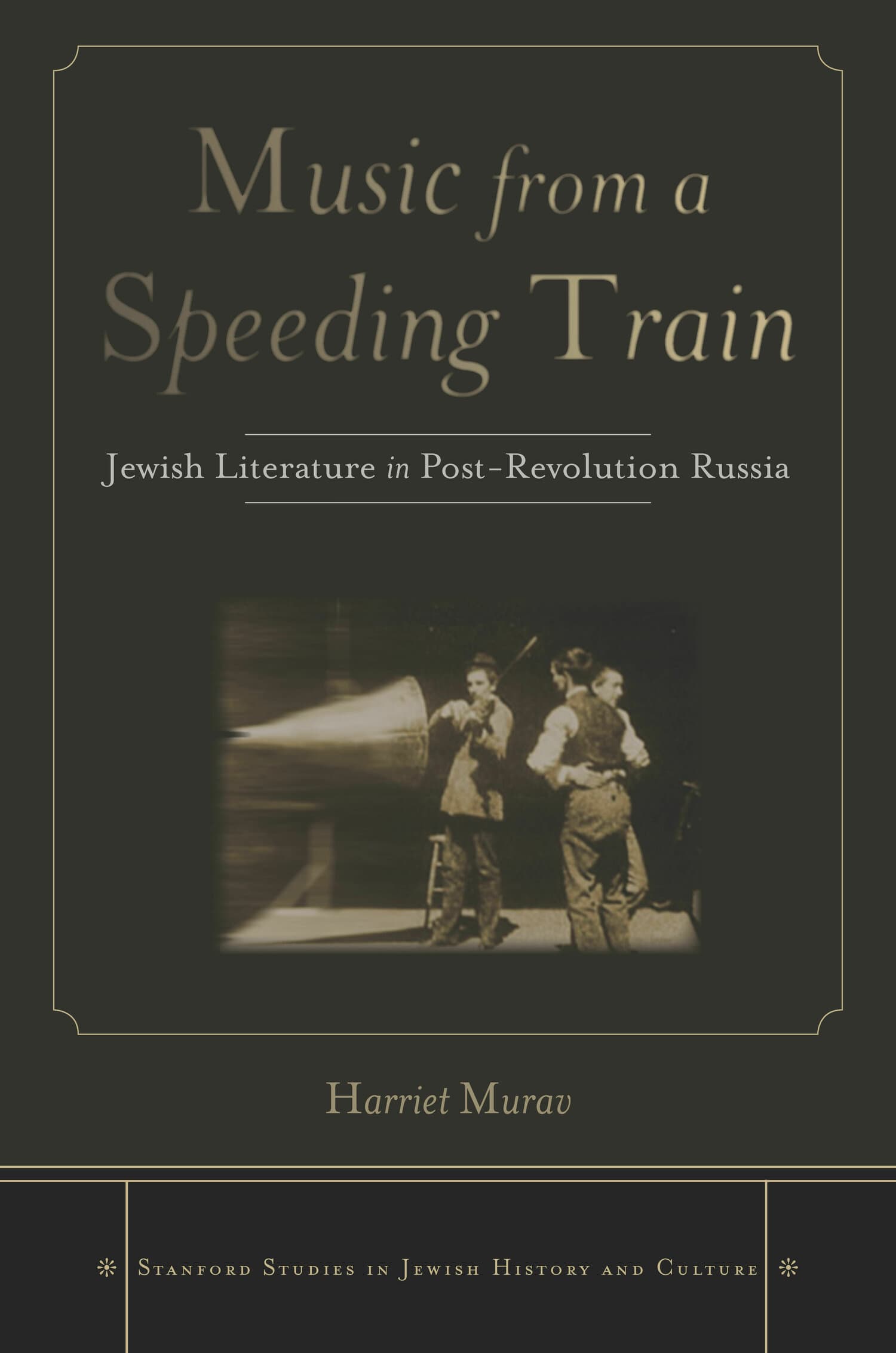The Marriage Plot
Award Winner
2020: Fenia and Yaakov Leviant Memorial Prize
Co-winner of the 2020 Fenia and Yaakov Leviant Memorial Prize, sponsored by the Modern Language Association (MLA).2017: Borsch-Rast Book Prize
Winner of the 2017 Borsch-Rast Book Prize, sponsored by The Graduate Theological Union.2017: Jordan Schnitzer Prize
Finalist in the 2017 Jordan Schnitzer Prize in the category of Jewish Literature and Linguistics, sponsored by the Association of Jewish Studies (AJS).

For nineteenth-century Eastern European Jews, modernization entailed the abandonment of arranged marriage in favor of the "love match." Romantic novels taught Jewish readers the rules of romance and the choreography of courtship. But because these new conceptions of romance were rooted in the Christian and chivalric traditions, the Jewish embrace of "the love religion" was always partial.
In The Marriage Plot, Naomi Seidman considers the evolution of Jewish love and marriage though the literature that provided Jews with a sentimental education, highlighting a persistent ambivalence in the Jewish adoption of European romantic ideologies. Nineteenth-century Hebrew and Yiddish literature tempered romantic love with the claims of family and community, and treated the rules of gender complementarity as comedic fodder. Twentieth-century Jewish writers turned back to tradition, finding pleasures in matchmaking, intergenerational ties, and sexual segregation. In the modern Jewish voices of Sigmund Freud, Erica Jong, Philip Roth, and Tony Kushner, the Jewish heretical challenge to the European romantic sublime has become the central sexual ideology of our time.
"Naomi Seidman has written a provocative and important study that deftly theorizes Jewish secular modernity through the lens of sexuality. Moving beyond the paradigms of queer and postcolonial studies, The Marriage Plot locates a changing sexual world that articulated its own sexual and gender norms through an erotic recovery of Jewish tradition. In her lively and insightful readings of the modern Jewish canon, Seidman shows that the secularization of Jewish cultural life was far from a straightforward narrative of sexual progress and liberation for men and women."—Allison Schachter, Vanderbilt University
"Seidman is a nimble, curious, omnivorous reader, with whom it is a pleasure to spend time. She moves freely among Hebrew and Yiddish texts and is well-versed in social history. We are prepared to extend credit to her big ideas because we trust the quality of her exegesis of small examples. She uses critical theory rather than being used by it, and she always writes with a clarity that signals a genuine desire to communicate with her readers. She is, moreover, among the small number of scholars who are happy to acknowledge that their original insights have been built upon the research of others.The Marriage Plot joins a growing number of literary, historical, and philosophical investigations of our post-secular age. It is, in many senses, the story of all of us."—Alan Mintz, Jewish Review of Books
"In Naomi Seidman's The Marriage Plot Or, How Jews Fell in Love with Love, and with Literature it is this problematic relationship between literature and life, between novels and autobiography, that gives new purchase on the modernisation of Jewish culture, first in eastern Europe during the Haskalah (the Jewish Enlightenment of the nineteenth century) and later in America...[T]he story she fashions cannot help but extend beyond the generic concerns of its model, implicating short stories, psychoanalytic case studies, plays, and stand-up comedy to produce as rich a literary history of the Jews as there has ever been."—Marc Mierowsky, The Cambridge Quarterly
"[T]he most daring innovation of Naomi Seidman's The Marriage Plot: Or, How Jews Fell in Love with Love, and with Literature is its ardent determination to recuperate romantic love, to demonstrate its centrality to the Jewish literary tradition as we have come to understand it today. This she does in a marvelously detailed and convincing fashion."—Naomi Taub, H-Judaic
"It is a valuable study for all those interested in the intersection of Jewish Studies, Literary Studies, and Gender Studies. Seidman, an expert in Jewish literature, meticulously analyzes a wide selection of texts in order to discover patterns characteristic for the development of Jewish romantic life in the 19th and 20th century... Seidman's book has a strong critical value, as she questions common assumptions about a linear development of the emancipation of love."—Irad Ben Isaak, Kult_Online
"In this remarkable work, Seidman illustrates how the Haskalah, the so-called Jewish Enlightenment, led European Jews into modernity by engineering a sexual revolution through the composition of a literature that appropriated the European romantic model and retooled it to transform the Jewish bourgeois family radically....It is one of the strengths of this book that the romantic feelings and revolutionary spirit The Marriage Plot deals with are mirrored in Seidman's elegant and passionate writing style."—F. K. Clementi, CLIO: A Journal of Literature, History, and the Philosophy of History
"The Marriage Plot takes up modern Jewish literature across language (Hebrew, Yiddish, English) and genre (novel, short story, theater, film). On this broad canvas, Seidman shows not just how poetry transmutes love but how love first changes Jewish life and culture—and how Jewish cultural productions then change American and European ideas of love."—Joshua Logan Wall, American Literature




